It’s that year-in-review time of year. To clarify: these are the books published in 2017 that most profoundly influenced my thinking. I clarify because I’ll probably do a list of books that I read in 2017 but that were published in previous years.
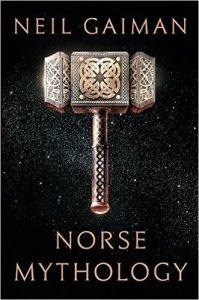
5.) Norse Mythology by Neil Gaiman: Gaiman’s take on classic tales of Norse Mythology shows that one can bring great value with a fresh look at old art. However, beyond the “steal like an artist” sentiment of not getting locked into building something brand new, these stories show the Norse to be exceptional storytellers. All ancient cultures had a mythology, but not all of them were equal in producing stories that are timeless and work across cultures.
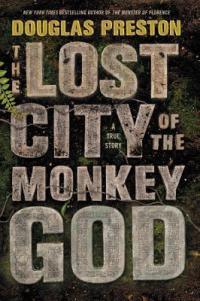
4.) The Lost City of the Monkey God by Douglas Preston: This book taught me two things: First, that there is still much to be discovered right on terra firma. We talk as though the only new vistas of knowledge are to be found in space or places like the Mariana Trench, but the days of terrestrial discovery are not past. Second, there is a lesson of common fates of humanity across time. A lot of this book is about a parasitic disease that infected several of the expeditionary team, as well as speculation about how the same disease might have influenced the civilization that abandoned the titularly referenced city.
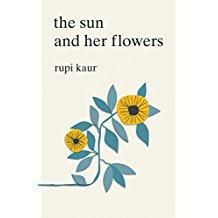
3.) The Sun and Her Flowers by Rupi Kaur: Kaur’s books combine poetry and art. Both are crude but heartfelt and evocative. Both of Kaur’s books have struck a chord with readers, and that resonance seems to be about the candid and bold nature of her art.
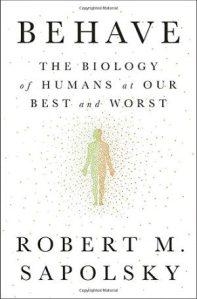
2.) Behave by Robert Sapolsky: Sapolsky tells readers that one can’t look at something as complex and bewildering as human behavior through the lens of any one academic discipline and get a complete and satisfying picture. Sapolsky considers the best and worst human behaviors through the lenses of biology, neuroscience, endocrinology, human evolution, and more.
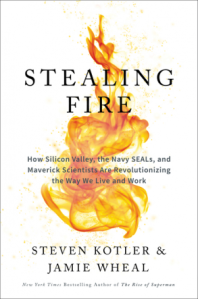
1.) Stealing Fire by Steven Kotler & Jamie Wheal: The authors of this book examine the various ways people achieve what they call ecstasis. Ecstasis is a state of mind in which one loses one’s sense of self, and all the muddling factors that go with the self, such as self-criticism, fear of failure, and the feeling of working against everyone and everything else.
By B Gourley in Book Reviews, Books, fiction, lists, Literature, nonfiction, Poetry, Review, Reviews on December 8, 2017.